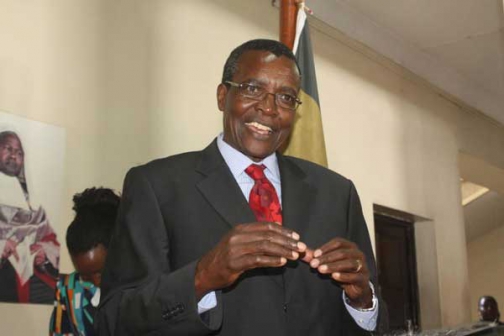×
The Standard e-Paper
Smart Minds Choose Us

A proposal by Chief Justice David Maraga to introduce amendments to the Political Parties Act is quite timely. It is expected that amendments to the Act will allow disputes arising from political party primaries be resolved quickly.
In the CJ’s proposal forwarded to the National Assembly, the Judicial Service Commission (JSC) will appoint temporary members to the Political Parties Dispute Tribunal to deal with disputes arising from nominations conducted by political parties.